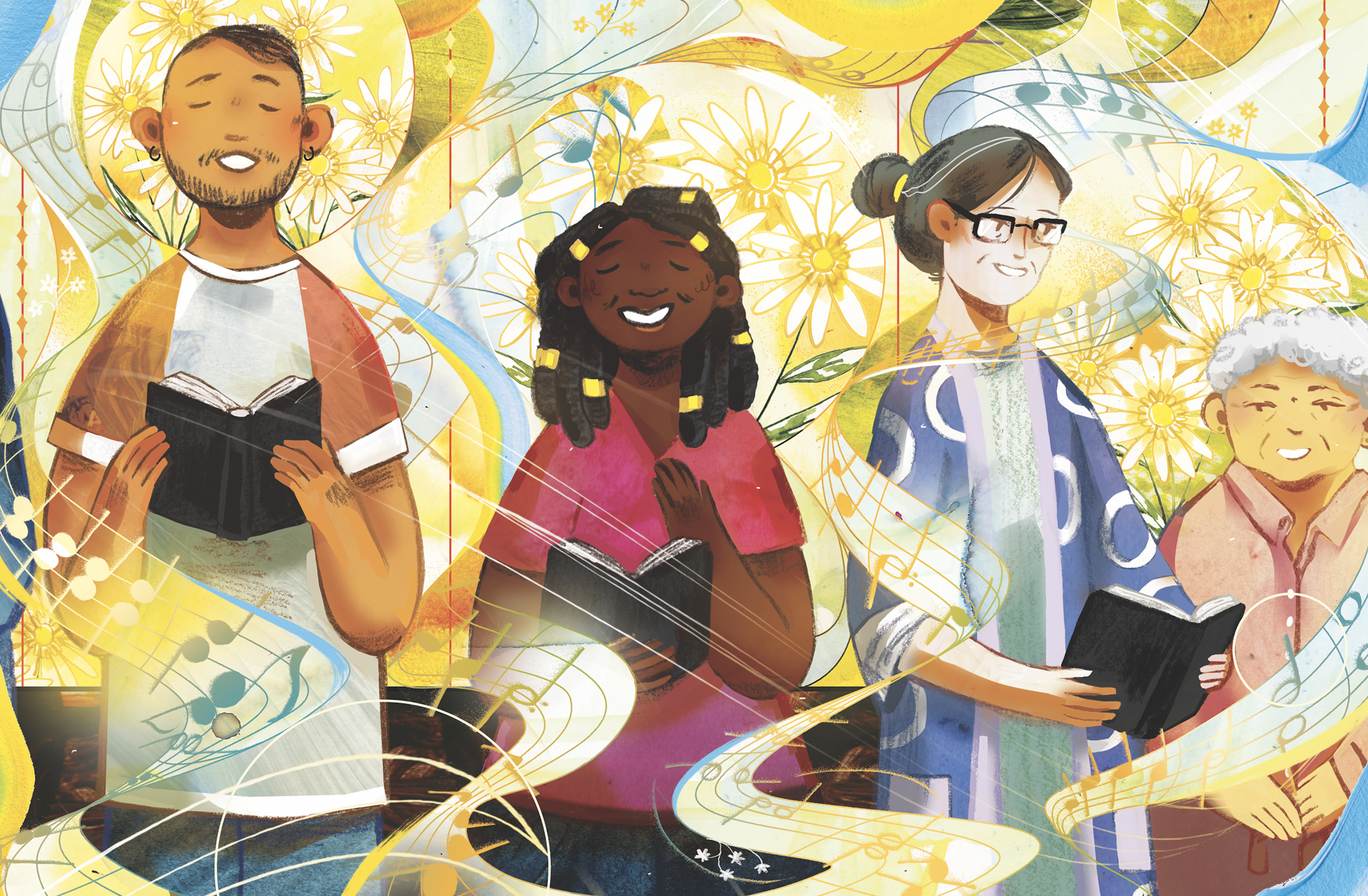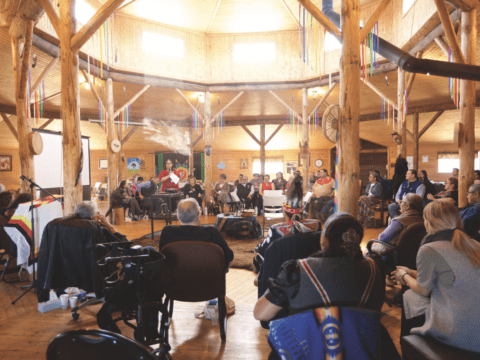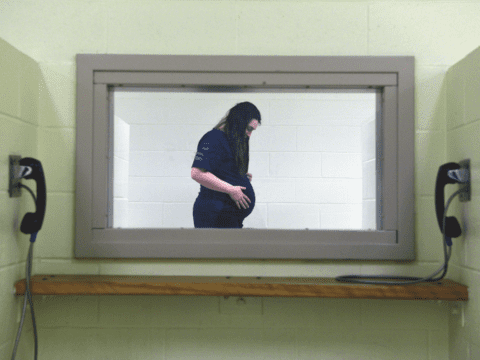When I was growing up, my grandmother often quoted lines from hymns, and my mother liked to play them using a small keyboard. At the time, I lacked the knowledge and life experiences to comprehend the songs’ connection to the gamut of human experience.
As matters of faith became important to me, I realized that no other part of a church service belongs so emphatically to the people. Hymns express joy, sorrow, brokenness, forgiveness and grace. They call into question the idolatries of the day and speak of God’s love.
You may unsubscribe from any of our newsletters at any time.
I soon recognized that not all worship leaders see hymns as significant. Sometimes they use them as fillers or pay little attention to the meaning of the words. But hymn lyrics can stay with people after sermons are forgotten.
More on Broadview: The gospel of rap
What we sing is important and always has been. The church’s earliest hymns were the psalms. The Gospels and letters of Paul contain lyrical fragments. Jesus and his disciples finished their last meal together by singing a hymn. Sixteenth- century Reformation leaders and their followers sang to express praise while educating and nurturing the development of an informed and spirited people.
The songs we sing in churches and on the streets have denounced the evils of slavery and racism, called us to freedom and affirmed justice, peace and environmental stewardship. In 1845, Once to Every Man and Nation asked churchgoers to “decide, in the strife of truth with falsehood, for the good or evil side” by opposing the establishment of any new slave states in the United States. In South Africa, We Are Marching (Siyahamba) celebrated people power and solidarity while protesting apartheid. We Shall Overcome became an empowering anthem of a generation protesting American segregation.
Hymns fuelled the global Sunday school movement by honouring children’s experiences of God and discipleship. The 19th- and 20th-century temperance movement used audacious singing to spread its message, including connecting with suffragettes and calling for universal access to health, education and social services.
During the 19th century, popular gospel hymns proliferated. Many writers were women whose songs carried subversive messages in a male-dominated culture. For many who sang them, they were messages of hope, acceptance and inclusion. There are many references to death in these songs, written when many households experienced the death of children. Epidemics were frequent, antibiotics unknown, and birthing dangerous for mother and child — and singing in church was a recognition of griefs individual and communal.
Many hymns written since 1970 celebrate diversity while addressing the call to global and neighbourhood justice and peace. They express concern for world hunger, people who are homeless and refugees. They offer new images and understandings of God, and express changing societal relationships and views of the natural world.
We sing to remember that we are part of a community of faith much larger than our little gatherings. We belong together, one with the generations of God’s people. We sing as those freed from the chains that have bound us, whatever their nature. We do not bow before the tyrants of the world nor the isms that would claim our loyalty. We sing, and what we sing matters.
This column first appeared in the September 2019 issue of Broadview. For more of Broadview’s award-winning content, subscribe to the magazine today.














Not many Churches (in any denomination) today sing hymns of the faith.
How important is it, that we sing these? Go to a residence filled with people of dementia and start singing “How Great Thou Art”, “It is Well” and “This Is My Story”. This is their only link to their faith, and it’s sung fervently, without missing a note or verse. Try that with “Dust and Ashes” “Creative Spirit” or “Creator, Spirit, Living Word”.
Not against the newer music, just missing the hymns that were sung in harmony, and had solid theological meaning.
One reason I stopped attending church was that the choir drowns out the congregational singing. It would be nice to hear my own voice and make a contribution to the singing instead of leaving it all to the choir. Unfortunately many United Church hymns are unfamiliar to attendees, so the choir becomes a necessity, and those who might want sing figure “Why bother?”
(Re the magazine as a whole…) I have been appreciating the ‘broadview’ of “Broadview” magazine. Faith that reaches outside of the Church and touches life in people and neighbourhoods, professions and social issues has long been of interest to me. You nailed the name when it was changed. Thank you.
Thank you for a lovely, well written piece of work that has divine relevance and reverance to me. In the 50’s I was in the children’s choir in a white wooden clapboard St. Mathew’s United Church in Richmond Hill, wearing a white choir robe my mother had to iron before we went to church. Even then I knew my baby christian relationship was important. When I sang I felt a peace of mind, heart and soul that has carried me through my 70 years. Next week I am singing in the church again with the organ, “Be still for the Spirit of the Lord”. This week I am practicing the hymn with technical assistance on social media. I know I will feel that same feeling of peace and contentment, that the old folk feel, especially, since I am now the old folk. Let anyone who is thirsty come to me and drink. John 7″37.